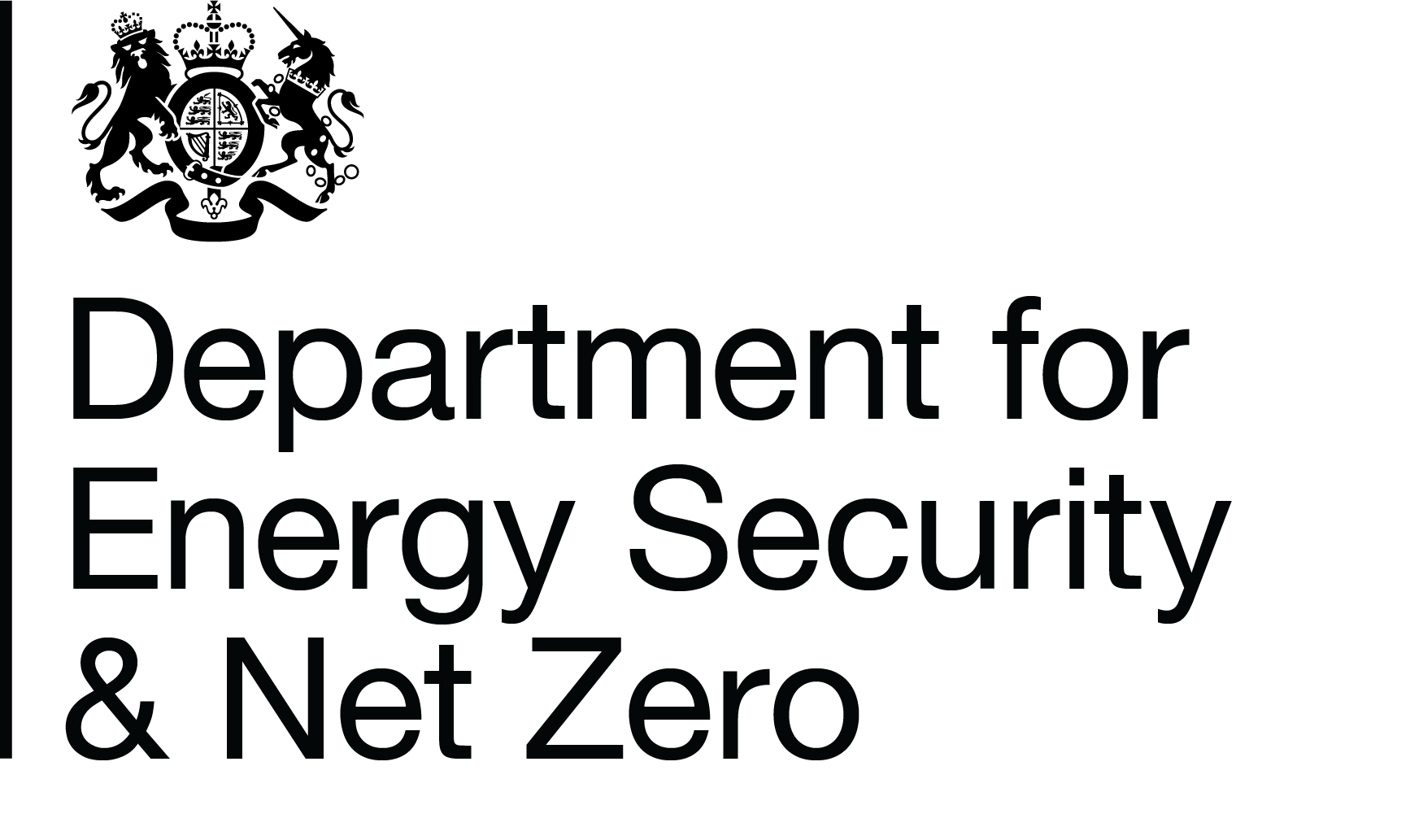Planning for new energy infrastructure: revised draft National Policy Statements
Overview
The consultation for the energy National Policy Statements has been extended and will NOW close at 23:45 on Friday 23 June 2023.
Please note that question 7 in the consultation document was inadvertently not included in the online survey. If you have already responded to this consultation, YOUR RESPONSE IS STILL VALID and you do not need to resubmit. However, you may wish to submit an additional response to question 7, if you have not already done so.
If you have not responded to this consultation, you now have until 23:45 on Friday 23 June 2023 to do so.
For the avoidance of doubt question 7 states:
“Draft EN-5 includes a strong starting presumption for overhead lines for electricity networks developments outside nationally designated landscapes, which was consulted on in 2021. Do you agree?”
If you have any questions, please do get in contact with energyNPS@beis.gov.uk.”
The energy National Policy Statements (NPS) set out the government’s policy for the delivery of energy infrastructure and provide the legal framework for planning decisions.
This re-consultation seeks views on:
- clarifying that offshore wind is now a critical national priority, including the related onshore and offshore network infrastructure
- to deliver the 50GW of offshore wind including 5GW of floating wind, we need to cut the process time by over half. The government therefore announced it was introducing the offshore wind environmental improvement package to help accelerate deployment of offshore wind, whilst protecting and enhancing the marine environment
- strengthening the electricity networks NPS to include more detail on the role of strategic planning of networks, which considers the network as a whole, rather than just individual transmission projects
- updating the civil and military aviation and defence interests to reflect the status of energy developments, including offshore wind, and how impacts to civil and military aviation, meteorological radars and other types of defence interests should be managed
Audiences
- Oil and Gas
- Wind
- Nuclear
- Coal
- Wave and tidal
- Low carbon technologies
Interests
- Coal
- Fuel poverty
- Oil and gas
- Saving energy
- Security and resilience
- Distributed energy and heat
- International
- Nuclear
- Renewable energy
- Energy and climate change
- Energy efficiency
- Housing
- Electricity

Share
Share on Twitter Share on Facebook